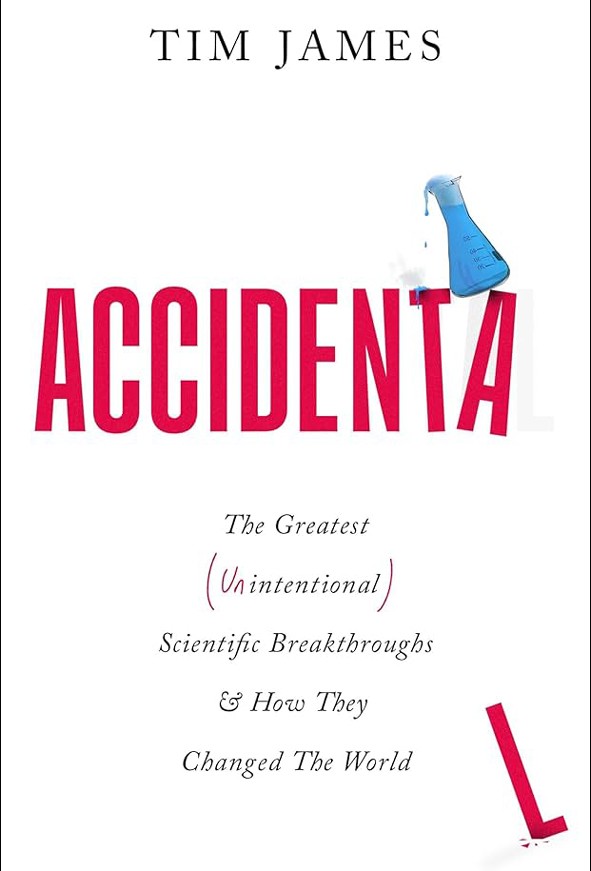
Accidental
Tim James Robinson (2024)
Science often progresses through step-by-step discoveries. But major breakthroughs still happen. Science writer Tim James smartly retells stories of such “spasms of serendipity” that happened through moments of accidental “clumsiness”, “misfortunes and failures”, “surprises” and “eurekas”. For example, in 1903, chemist Edouard Benedictus dropped a dirty glass flask and noticed it did not shatter because of its cellulose nitrate coating. In 1909, after reading of dangerous shattered glass during car crashes, he invented laminated glass.
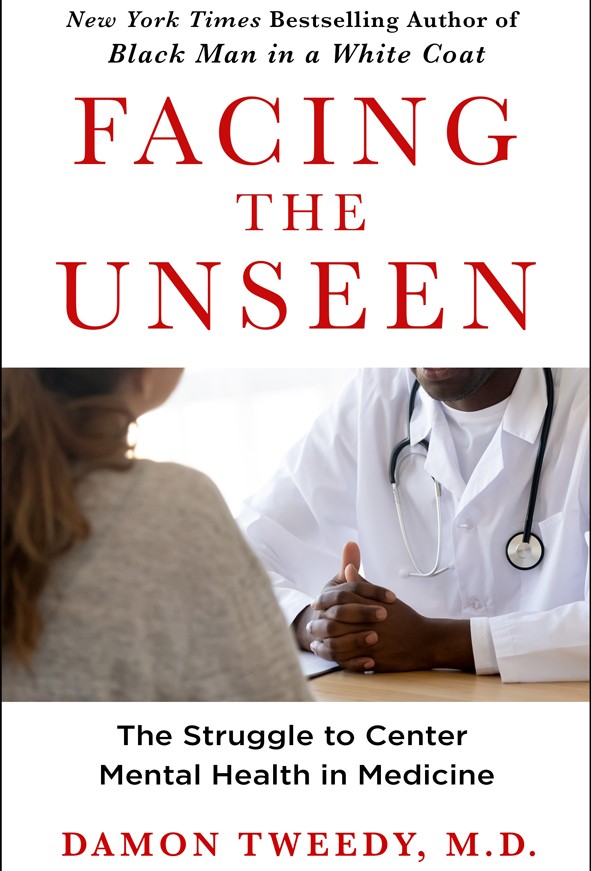
Facing the Unseen
Damon Tweedy St. Martin’s (2024)
Over the past two decades, the US suicide rate has increased by 30%. The US National Institute of Medical Health estimates that mental illness affects about 20% of US adults, yet many physicians are averse to psychiatrists. This leads critics to question psychiatry’s “status as a legitimate medical discipline”, writes US professor of psychiatry and staff physician Damon Tweedy, who formerly shared their aversion. His compelling analysis of this desperate situation draws on vivid encounters in outpatient clinics, emergency rooms and hospitals.
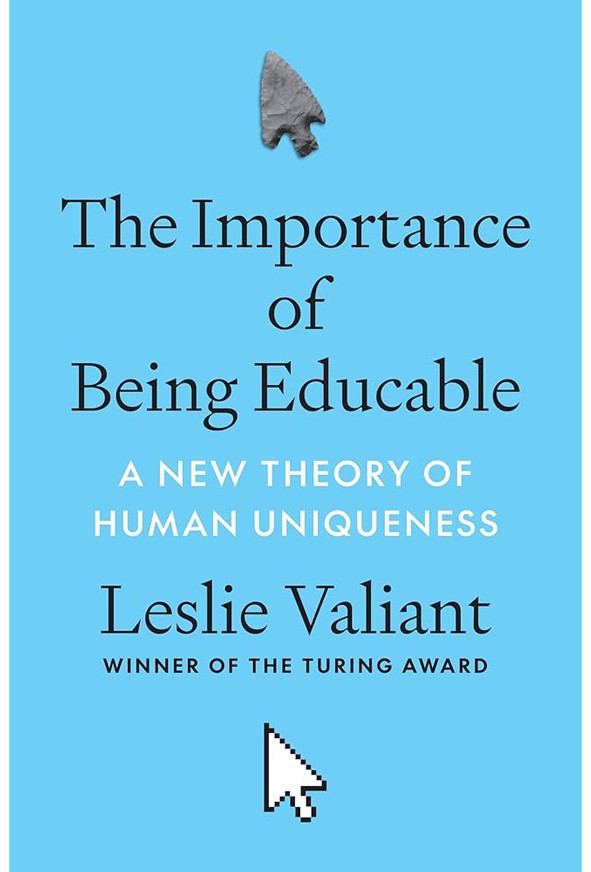
The Importance of Being Educable
Leslie Valiant Princeton Univ. Press (2024)
Intelligence lacks a clear and agreed definition in science, leading to confusion about IQ and the potential of artificial intelligence. Leslie Valiant, a pioneer of machine learning, prefers to define human intellectual uniqueness as educability instead of intelligence. “Educability is the capability to learn and acquire belief systems from one’s own experience and from others, and to apply these to new situations”. Perhaps inevitably, Valiant links educability to computation, exploring this connection in his complex but jargon-free book.
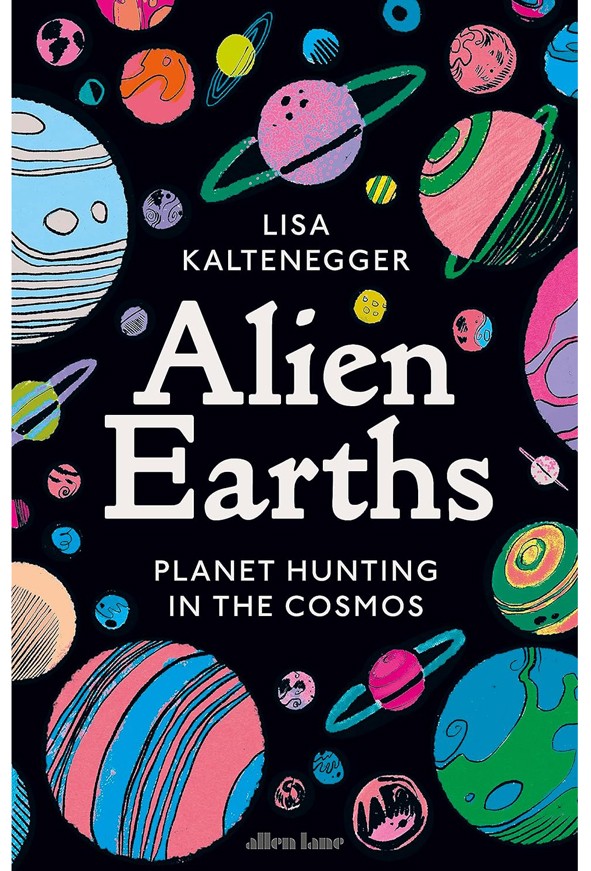
Alien Earths
Lisa Kaltenegger St. Martin’s (2024)
The Milky Way contains about 200 billion stars. The number of potential extrasolar planets is mind-boggling. Surely other Earth-like planets must exist? Astronomer Lisa Kaltenegger agrees, noting: “So far, despite wild claims to the contrary, we have not found any definitive proof of life on other planets.” She launched the Carl Sagan Institute at Cornell University in Ithaca, New York, to search for life in the cosmos, alongside experts in fields ranging from astronomy to the performing arts. Her book is an authoritative and enjoyable read.
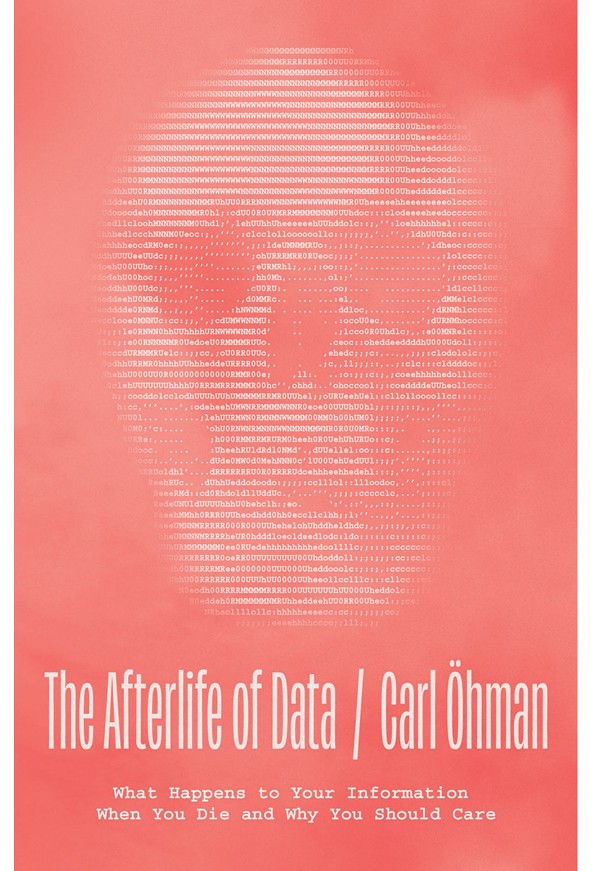
The Afterlife of Data
Carl Öhman Univ. Chicago Press (2024)
Printed books can immortalize the dead. But what should happen to posthumous online presence, asks political scientist Carl Öhman in his stimulating, sometimes spooky book. Imagine if we could access French general Napoleon Bonaparte’s Facebook messages or the data patterns of people in 1930s Germany, he remarks. “The lessons learned would be endless.” But if we simply leave it to businesses to manage “our collective digital past”, he argues that it will surely be used to make money.
Competing Interests
The author declares no competing interests.
